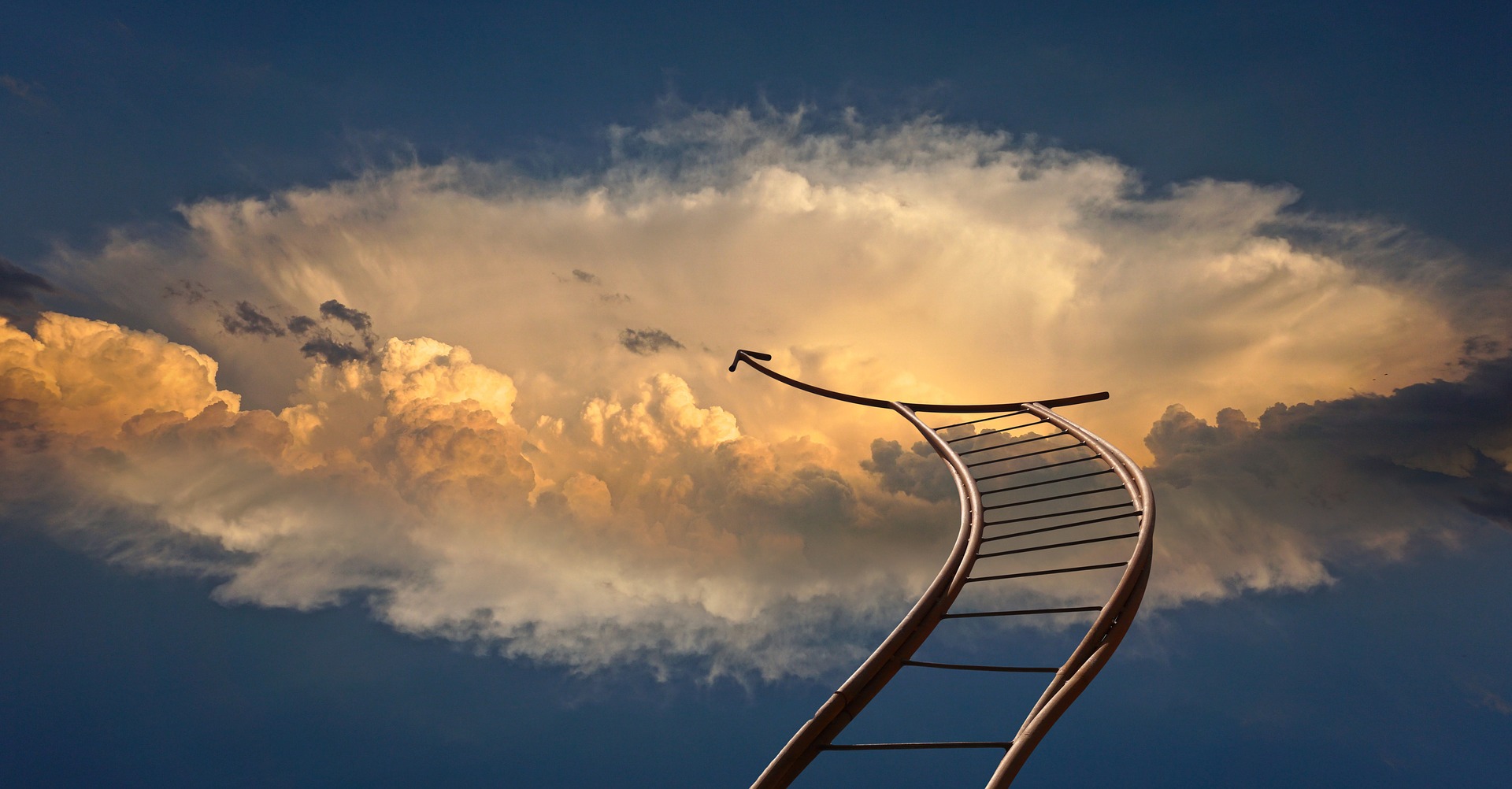I took a walk in the wintry world today. Icicle-covered tree branches sway like huge chimes in the tree lines all around my house. We’ve been iced and snowed in for the past three days, and I don’t mind. Quiet time makes way for God-time—and reading good books. Since God often reaches to humanity, through humanity, reading can be considered a form of prayer. So, I hope.
I recently worked my way through Spirit of Fire: The Life and Vision of Teilhard de Chardin written by Ursula King and found myself flummoxed by a man I was certain that I would admire and love unconditionally. Apparently, lots of women did that, which left me wondering. He certainly lived an admirable life in many ways, serving the scientific world and his faith community as a Jesuit. He tried very hard. He also lived in the throes of what I can only term the Optimism of Optimism. “Everything that rises must converge,” right? But does everyone rise?
I happen to be reading several other books at the same time, and wonderfully enough, they speak about the same personal and societal issues to which Teilhard devoted his life.
Loneliness: Human Nature and the Need for Social Connection, written by John Cacioppo and William Patrick, explores the effects of human connection and disconnection from the scientific point of view. Our chemistry and synapses speak to our physical need to be connected to each other. Ironically, though this book makes every effort to base its conclusions on purely scientific data, the results sound orthodox Christian. Practically an advertisement for the Good Samaritan parable and the Golden Rule. Great insight into personal decisions, but can society systemize goodwill?
I am also reading a lengthy novel, book three of The Stormlight Archive Oathbringer by Brandon Sanderson. Imagine my surprise when I realized that it was fiction that helped me unscrambled the confusing tangle that I was feeling about the other two books. Since each person has free will and can rise or fall, become isolated or connected, what does that say about the human race as a whole?
Teilhard seemed to be reinventing Christianity, using new words and images. In some ways, he seemed to be reinventing God Himself as he strove to live his vocation according to his vision of a unified, one-world human order. I am awed by Teilhard but also confounded by his earnest desire to shine such a blindingly optimistic light upon the human race. What would he say about the world if he saw us now? If world wars don’t dampen your spirits, I can’t imagine rampant abortion, a vast sexual identity crisis, and societal meltdowns would. In fact, the worldwide web would have fit his vision splendidly. But I don’t see the rising and converging. I see the same contrasts of saints and sinners that the human race has produced from Aristotle and Caligula to Mother Teresa and Dommer.
As for scientific advancement, the internet may be the first word in information gathering, but can it save one soul from despair or the human race from self-destruction?

In his fiction work, Sanderson’s main characters have to deal with personal choices and brokenness. Despite over a thousand pages of storyline, the whole plot comes down to this: what do the characters believe? What are they willing not to die for but to live for? Faith in something beyond themselves is ultimately the maker or breaker of the whole story. Some characters grow into heroes while others descend into the abyss as villains. The hope for the whole is based on the best always rising again.
Whether one believes in a historical Garden of Eden or not, the concept of a deceiving snake remains eerily familiar in the human experience. Making mistakes; committing grievous sins; becoming broken and disconnected mentally, emotionally, and spiritually; all this is part of each unique human life.
The optimistic part is that if we own our imperfections, we can, with God’s help, rise above them, just as Teilhard hoped. Science offers insight into who we are, what we are made of, and the image of our Creator’s vision for us even at a cellular level. Fiction offers a stage to consider the whole story from a fresh perspective.
Perhaps I can’t know with certainty, as Teilhard seemed to, that the human race is evolving upward. And I definitely don’t have a science experiment that can predict the final connected or disconnectedness of the human race. But I can get out of the frozen snow, enjoy the beauty of crystalline trees on a winter day, and trust—with hope-filled faith—that spring will rise again.
Copyright 2022 Ann K. Frailey
Photo: Imagem gratis no Pixabay – Escada, Além, Nuvens, Paraíso (2017)